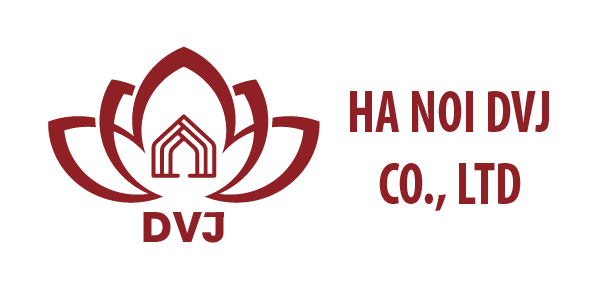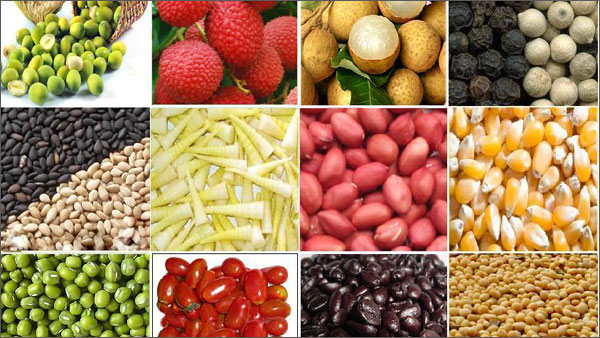What are the conditions to export agricultural products to Japan?
Question: I am Phung, in Hanoi. Currently, I want to export some kinds of agricultural products from Vietnam to Japan. I plan to set up a private business. Please advise me the conditions and legal procedures to conduct this business?
Counsel lawyers:
SB LAW Co., Ltd. thank you for your interest in our legal consulting services. Regarding your questions, we would like to advise as follows:
Article 21 of Decree 78/2015/ND-CP provides for enterprise registration dossiers for private enterprises including:
“1. Business registration application.
2. A valid copy of one of the personal certification papers of the private business owner specified in Article 10 of this Decree.”
After fully preparing the dossier as prescribed, you submit the application at the Business Registration Office where the business is headquartered. After receiving the enterprise registration dossier, the Business Registration Office awarded the receipt of the dossier to the applicant. If the dossier is valid, the Business Registration Office grants the enterprise registration certificate, the certificate of change of the contents of the enterprise registration within 03 working days from the date of receiving the dossier.
In terms of conditions for trading agricultural products, you need to meet the general conditions for food safety specified in Article 10 of the Food Safety Law 2010:
“1. Meet the corresponding technical regulations, comply with regulations on limits of pathogens, residues of plant protection drugs, residues of veterinary medicines, heavy metals, pollutants and other substances in food that can harm human health and life.
2. Depending on the type of food, in addition to the provisions in Clause 1 of this Article, the food must also meet one or several of the following provisions:
a) Regulations on the use of food additives and processing aids in food production and trading;
b) Regulations on food packaging and labeling;
c) Regulations on food preservation”
In addition, you also need to comply with the conditions to ensure the safety of fresh food specified in Article 11 of this Law:
“1. Comply with the conditions set out in Article 10 of this Law.
2. Ensure traceability in accordance with Article 54 of this Law.
3. There is a veterinary sanitation certificate of the competent veterinary authority for fresh food originating from animals in accordance with the law on veterinary medicine.”
The Food Safety Law 2010 also provides for conditions for ensuring food safety with food production and trading facilities as follows:
“Article 19. Conditions for ensuring food safety for food production and trading establishments
1. Food production and trading establishments must ensure the following conditions:
a) Having appropriate locations and areas, having a safe distance from toxic sources, sources of pollution and other harmful factors;
b) Having sufficient water to meet technical regulations for food production and trading;
c) Having sufficient equipment suitable for handling raw materials, processing, packing, preservation and transportation of different foods; have enough equipment, tools, means of washing and disinfection, antiseptic water, equipment for prevention and combat of insects and pests;
d) Having a waste treatment system and being operated regularly in accordance with the law on environmental protection;
e) Maintaining conditions for ensuring food safety and keeping records of origin and origin of food raw materials and other documents on the entire process of food production and trading;
f) Complying with regulations on health, knowledge and practice of people directly producing and trading food”.
“Article 24. Conditions for ensuring food safety for fresh food establishments
1. Fresh food establishments must ensure the following conditions:
a) Complying with conditions on ensuring safety for tools, packaging materials, food containers, conditions on ensuring safety in food storage and transportation specified in Articles 18, 20 and 21 of this Law;
b) Ensuring and maintaining sanitation of business places.”
Regarding export procedures, Article 4 of the 2017 2017 VBHN-BCT 2017 documents stipulates the following:
“1. Goods exported or imported under licenses, traders wishing to export or import must have a license from relevant ministries and branches.
2. Exported and imported goods must ensure relevant regulations on quarantine, food safety and quality standards and regulations, subject to inspection by competent authorities before customs customs notification.
3. Goods not on the list of goods banned from export, suspended from export, list of goods banned from import, suspended from import and goods not in the case specified in Clauses 1 and 2 of this Article, only procedures for export and import at the Customs Sub-Department of border gates”



 Tiếng Việt
Tiếng Việt 日本語
日本語
